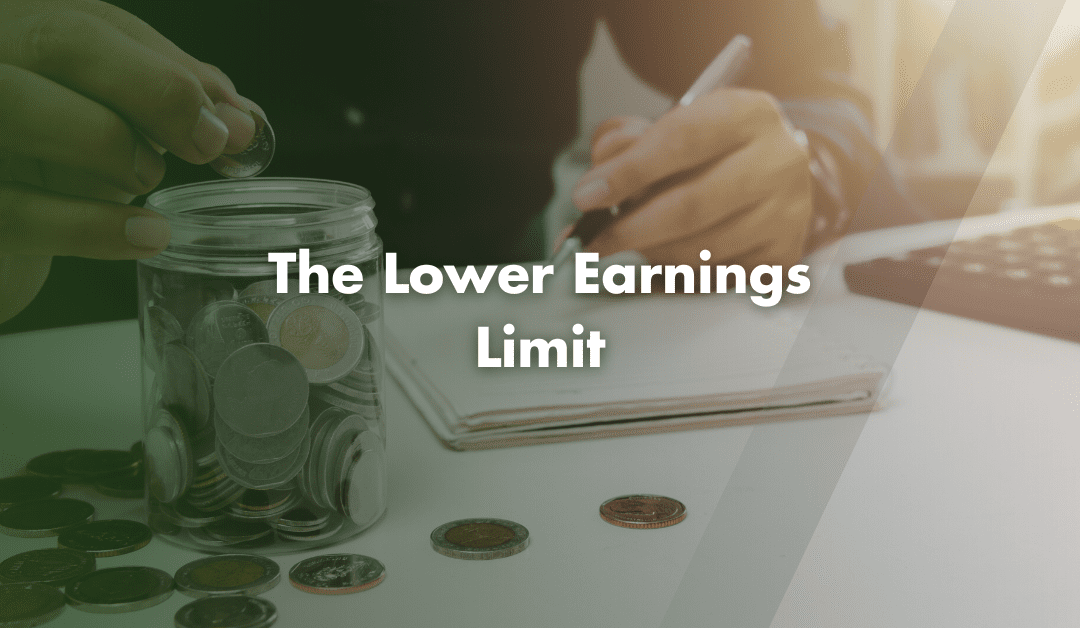What is the Lower Earnings Limit?
The Lower Earnings Limit (LEL) is the minimum amount an employee must earn to qualify for certain state benefits and to start earning entitlement towards the State Pension. It is not the amount at which employees begin paying National Insurance contributions, but it is a key threshold that affects their benefits record.
Lower Earnings Limit for 2024
For the tax year 2024/25, HMRC has set the Lower Earnings Limit at £123 per week. This amount remains consistent with the previous year’s threshold. Employees who earn at or above this amount will have their earnings recorded for National Insurance purposes, which can influence their eligibility for state benefits and pension.
Impact on Employees
When employees earn at or above the LEL, the system records their earnings. They may not have to pay National Insurance contributions immediately, as this starts at the higher Primary Threshold. This record is vital as it counts towards qualifying years for the State Pension.
Without reaching this limit, employees may miss out on accruing these qualifying years, potentially affecting their future pension entitlements.
Employer Responsibilities
Employers ensure that the system correctly reports employees’ earnings. When employees earn at or above the LEL, employers must report these earnings to HM Revenue and Customs (HMRC) through the PAYE system.
This reporting helps in building an accurate record of employees’ National Insurance contributions and qualifying years for state benefits.
Benefits Linked to the LEL
Reaching the LEL not only contributes to State Pension entitlement but also affects eligibility for other state benefits, such as:
- Statutory Sick Pay (SSP): Employees must earn at least the LEL to qualify for SSP.
- Statutory Maternity Pay (SMP) and other statutory payments: These also require earnings at or above the LEL.
- Jobseeker’s Allowance: National Insurance records can also influence qualification for this benefit.
Contact Us
We are not just accountants; we are Chartered Accountants with one of the most reputable and premium accounting bodies. We are registered and regulated by ACCA; so you can rest assured that you are in good hands. Knowing this, don’t hesitate to get in touch with us if you require assistance: Pi Accountancy | Contact Us

